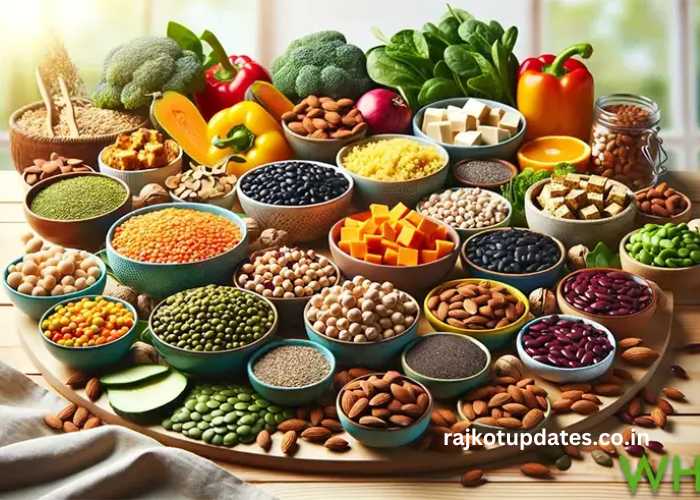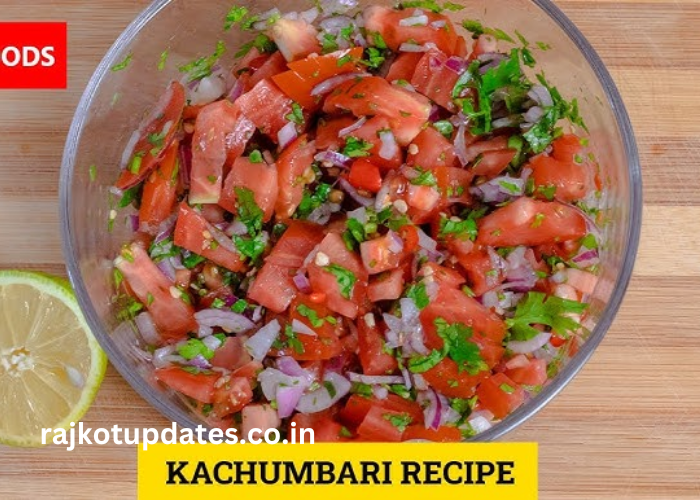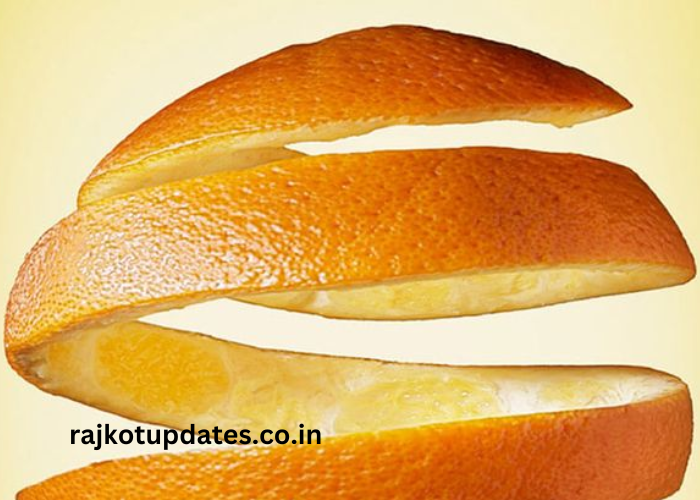For vegetarians, finding sources of protein that align with their dietary choices is crucial. Protein is an essential macronutrient that plays a vital role in muscle building, tissue repair, and the production of enzymes and hormones. While meat and dairy are common sources of protein, vegetarians need to seek alternative, plant-based options to meet their daily protein requirements. Fortunately, there are numerous vegetarian-friendly foods rich in protein that can easily be incorporated into a balanced diet. This article will explore some of the best high-protein foods for vegetarians, ensuring they can maintain optimal health and wellness.
The Importance of Protein in a Vegetarian Diet
Protein is a critical component of every cell in the body, and it’s essential for maintaining and building muscle mass, especially for those following a vegetarian diet. Vegetarians must be mindful of their protein intake to ensure they receive all the essential amino acids that their bodies cannot produce.
Protein also aids in various bodily functions, including the production of enzymes, hormones, and neurotransmitters. A well-planned vegetarian diet can provide all the necessary protein when the right foods are included.
Legumes: A Protein Powerhouse
Legumes, such as lentils, chickpeas, black beans, and peas, are among the richest sources of protein in a vegetarian diet. They are not only high in protein but also packed with fiber, vitamins, and minerals.
Lentils, for example, offer about 18 grams of protein per cooked cup, making them an excellent meat substitute. Including legumes in meals, such as soups, stews, salads, or even snacks like hummus, can significantly boost your protein intake.
Quinoa: A Complete Protein Source
Quinoa is a unique grain that stands out because it contains all nine essential amino acids, making it a complete protein. One cooked cup of quinoa provides approximately 8 grams of protein, along with a wealth of other nutrients like fiber, magnesium, and iron.
Its versatility allows it to be used in various dishes, from salads to stir-fries, or as a nutritious side dish. For vegetarians, quinoa is an indispensable food for meeting protein needs while enjoying a variety of culinary experiences.
Tofu and Tempeh: Soy-Based Protein Options
Tofu and tempeh, both made from soybeans, are excellent sources of protein for vegetarians. Tofu, often referred to as “bean curd,” provides about 10 grams of protein per half-cup serving, while tempeh offers around 15 grams per half-cup.
These soy-based products are also rich in calcium, iron, and other essential nutrients. Tofu and tempeh can be used in a wide range of recipes, from stir-fries and sandwiches to smoothies and desserts, making them versatile options for increasing protein intake.
Nuts and Seeds: Small But Mighty Protein Sources
Nuts and seeds are compact sources of protein that can easily be added to meals or eaten as snacks. Almonds, walnuts, sunflower seeds, chia seeds, and flaxseeds are particularly high in protein.
For instance, an ounce of almonds provides 6 grams of protein, while chia seeds offer 4 grams of protein per 2-tablespoon serving. In addition to protein, nuts and seeds are rich in healthy fats, fiber, and various vitamins and minerals, making them a nutritious addition to any vegetarian diet.
Greek Yogurt: A Dairy-Based Protein Option
For vegetarians who include dairy in their diet, Greek yogurt is an excellent source of protein. With about 10 grams of protein per 100 grams, Greek yogurt is higher in protein compared to regular yogurt. It also contains probiotics that promote gut health.
Greek yogurt can be enjoyed on its own, used as a base for smoothies, or added to various dishes as a creamy component. Opting for plain, unsweetened varieties ensures you get the maximum protein content without added sugars.
Cottage Cheese: A Protein-Rich Dairy Choice
Cottage cheese is another high-protein dairy option for vegetarians. A half-cup serving of cottage cheese can provide up to 14 grams of protein. It’s also a good source of calcium, phosphorus, and B vitamins.
Cottage cheese can be eaten as a snack, used as a topping for fruit or toast, or incorporated into recipes like lasagna or pancakes. Its mild flavor makes it a versatile ingredient for both savory and sweet dishes.
Edamame: Young Soybeans Packed with Protein
Edamame, or young soybeans, are a protein-rich snack or addition to meals. One cup of cooked edamame provides about 17 grams of protein, along with fiber, iron, and calcium. Edamame can be enjoyed steamed and lightly salted, added to salads, or blended into dips.
Its high protein content and nutrient density make edamame a valuable food for vegetarians looking to boost their protein intake.
Seitan: The “Wheat Meat” Protein Source
Seitan, also known as “wheat meat,” is a popular plant-based protein made from gluten, the main protein in wheat. Seitan is incredibly high in protein, offering about 25 grams per 3.5-ounce serving.
Its texture is similar to meat, making it a favorite among vegetarians and vegans as a meat substitute. Seitan can be grilled, sautéed, or added to stews and stir-fries. However, it’s important to note that seitan is not suitable for those with gluten intolerance or celiac disease.
Spirulina: A Nutrient-Dense Superfood
Spirulina is a blue-green algae that is often touted as a superfood due to its impressive nutrient profile. Just one tablespoon of spirulina powder contains about 4 grams of protein, making it one of the most protein-dense foods by weight.
Spirulina is also rich in vitamins, minerals, and antioxidants, including B vitamins, iron, and beta-carotene. It can be added to smoothies, juices, or taken as a supplement to boost protein intake and overall nutrition.
Green Peas: A Simple and Effective Protein Source
Green peas are more than just a side dish; they are also a great source of plant-based protein. One cup of cooked green peas contains about 8 grams of protein, along with fiber, vitamins A, C, K, and various B vitamins.
Peas are versatile and can be used in soups, stews, salads, or even blended into a creamy pea pesto. Their protein content and ease of use make green peas an excellent addition to a vegetarian diet.
Buckwheat: A Protein-Packed Grain Alternative
Buckwheat is a gluten-free grain alternative that is high in protein and essential amino acids. One cup of cooked buckwheat groats provides about 6 grams of protein. It’s also a good source of fiber, magnesium, and manganese.
Buckwheat can be used in a variety of dishes, from pancakes and porridge to salads and stir-fries. Its high protein content and nutrient density make buckwheat a valuable food for vegetarians seeking to diversify their protein sources.
Hemp Seeds: A Complete Protein
Hemp seeds are small but mighty when it comes to protein content. They contain all nine essential amino acids, making them a complete protein source. Three tablespoons of hemp seeds provide about 10 grams of protein, along with omega-3 and omega-6 fatty acids.
Hemp seeds can be sprinkled on salads, added to smoothies, or incorporated into baked goods. Their nutty flavor and high protein content make them a great addition to a vegetarian diet.
Amaranth: An Ancient Grain with Modern Benefits
Amaranth is an ancient grain that has been cultivated for thousands of years and is gaining popularity as a protein-rich food. One cup of cooked amaranth provides about 9 grams of protein. It’s also high in fiber, iron, magnesium, and phosphorus.
Amaranth can be used in a variety of ways, including as a porridge, in salads, or as a base for grain bowls. Its protein content and versatility make it an excellent choice for vegetarians looking to add variety to their diet.
Conclusion
Protein is an essential nutrient for vegetarians, and there are plenty of plant-based options available to meet daily protein needs. From legumes and grains to nuts, seeds, and soy products, vegetarians can enjoy a diverse and protein-rich diet.
Incorporating a variety of these foods into meals ensures that all essential amino acids are consumed, promoting overall health and well-being. By understanding the different sources of vegetarian protein and how to include them in a balanced diet, vegetarians can easily achieve their nutritional goals and maintain a healthy lifestyle.


